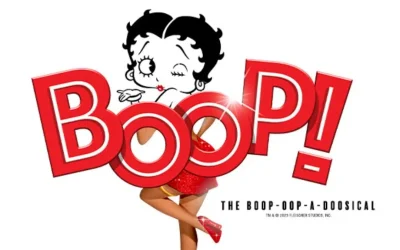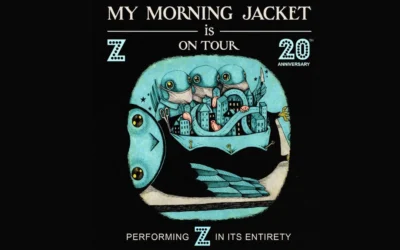When I tell my friends about my adventures in the secondary ticket market, they often reply, “Oh, you mean scalping?” Of course, I quickly respond with an explanation of the role that licensed ticket brokers play in protecting consumers and moderating prices. That I would suggest such a thing seems to shock people at first, but I think they are coming around to the idea that ticket brokers are not the shady middlemen they thought they were.
As legislators are increasingly called upon to determine the societal value of the secondary ticket market, and consumers wonder whether purchasing brokers’ tickets is safe, it is ever more important that the worth of our service be communicated clearly. Secondary sellers allow anyone to attend an event, regardless how far in advance they planned to go. Furthermore, licensed ticket brokers provide a method for obtaining tickets that is safer for consumers than buying from an unknown entity on the street corner or through a service like Craigslist. Consumers can proceed with the assurance that the ticket broker’s reputation is on the line and that there is recourse available should the broker prove dishonest.
To truly understand why the secondary market exists, you first must understand the objective of the primary market – to ensure profit. To meet this goal, and the desirable outcome of a full house, tickets are often sold below true market value.
To illustrate, let’s consider the case of a Broadway show. As opening night approaches, the primary concern of the show’s producers is that ticket sales cover the cost of production, as well as the recurring cost of each performance. Couple this pressure with the positive effects that a full house have on atmosphere, and the box office has every incentive to under-price tickets just enough to guarantee a sellout.
Ticket brokers step in to assume the risk that the venue or box office is not able or willing to bear. Ticket brokers buy blocks of tickets and anticipate some profit, while the venue fills the house. It’s a win-win. Brokers set their ticket prices where the market will allow (brokers only remain in business because people are willing to pay this price). This market arbitrage sets prices where the box office could have set them, but was unwilling to assume the risks of lower than expected demand, or an outside influence (such as a popular concert coming into town on the same night). Believe it or not, sometimes even brokers get it wrong, and are forced to sell tickets below market value (if they can sell them at all).
Let’s return to the Broadway show tickets example. Let’s say, for example, that secondary ticket activities are outlawed and consumers can only purchase tickets through the box office. Let’s assume that the box office continues with the same strategy of under pricing its tickets to fill the house – so they sell out their tickets in the first few hours or days that they are available. Unless you are one of the few who plan weeks or months ahead and get in line early enough, your chances of getting tickets legitimately are slim to nil. So, that Broadway show your girlfriend has been dying to see is entirely off-limits to you this Friday, because it has been sold out for over a month.

Continuing under a scenario in which secondary ticket sales are made illegal, the existing need (last minute or high demand tickets) will not go unmet for long. I believe that one of two things would happen.
The first possibility is that the venue adjusts its prices upward to account for what it perceives to be actual demand (perhaps through a dynamic pricing model). In this case, the consumer will end up paying the market price. While this direction seems logical, venues are unlikely to put full faith in a system that requires them to keep tickets on hand until minutes before the show starts (and run the risk of empty seats). Plus, this scenario requires the box office to invest more heavily in show promotion with a void left by the secondary ticket market that currently spends millions of dollars each year promoting events. This added expense further ensures a rise in primary ticket prices.
The second, and in my mind more likely possibility, is that a black market of true scalpers would surface to exploit the profit opportunity. If given the choice of a secondary market of licensed ticket brokers, or a rogue unorganized undercurrent of criminal dealers, I would think that consumers and legislators alike would prefer the current arrangement.
The advantages of the secondary ticket market both for consumers and venues are clear. The burden lies with brokers and other secondary market players to articulate this value.
Chris Nicolaysen is co-founder and Chief Technology Officer of SeatKarma.com, a leading ticket comparison search engine, specializing in Broadway show tickets, sports and concert tickets.




